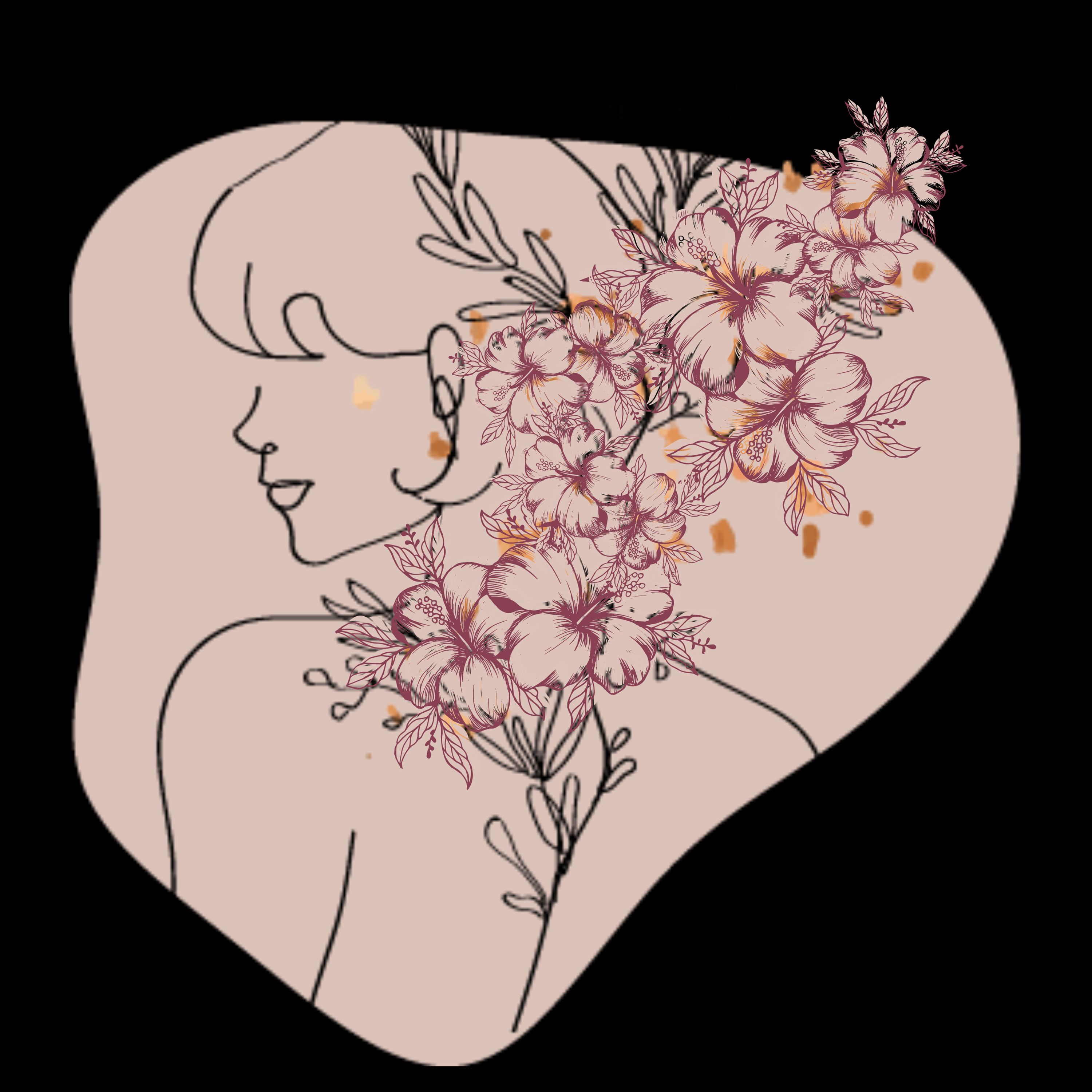Breaking Unhealthy Cycles: The Therapeutic Touch of Massage for a Healthier You
- Kolby Wellness Center

- Jan 9, 2024
- 3 min read

Embarking on a journey to break bad habits requires an approach that encompasses both physical and mental well-being. In recent years, massage therapy has gained recognition for its potential in aiding individuals through challenges like Dry January, quitting smoking, and addiction recovery.
Massage therapy emerges as a multifaceted ally in the pursuit of a healthier lifestyle, aiding in endeavors like breaking bad habits. The therapeutic touch of massage addresses both the physical and emotional aspects of breaking bad habits, providing a supportive and rejuvenating pathway to a healthier, more balanced you. Consider incorporating massage therapy into your wellness routine and experience the transformative benefits on your journey towards positive change.
Addiction is near and dear to me. It is genetically present on both sides of my family. As a former heavy smoker and alcoholic, my personal journey through breaking bad cycles and begining self-care included massage therapy and it truly has changed my
life. I realized the power of therapeutic massage and never looked back. That is why I believe Mind, Body, Spirit approach to recovery is key!
In this blog, we'll explore the insights gleaned from reputable sources and delve into how massage therapy can be a valuable ally in your quest for a healthier lifestyle.
Dry January and the Calming Effect of Massage: As Dry January gains popularity as a health-focused initiative, individuals may encounter heightened stress and cravings during this alcohol-free month. The American Massage Therapy Association (AMTA) highlights the stress-reducing benefits of massage. Incorporating regular massages into a Dry January routine can provide a calming escape, helping you manage stress and navigate the challenges of abstaining from alcohol.
Quitting Smoking: A Massage for Your Journey to Freedom: Quitting smoking is a formidable task, and the St. Joseph Institute sheds light on seven surprising benefits of massage therapy during recovery. Among these benefits is the improvement in mood and reduction of anxiety. For individuals striving to quit smoking, the emotional support and relaxation provided by massage can play a crucial role in managing withdrawal symptoms and reinforcing the commitment to a smoke-free lifestyle.
Aiding in Addiction Recovery: The Healing Touch of Massage: Addiction recovery is a complex process, and Bellamonte Recovery emphasizes the role of massage therapy in addressing the physical and emotional toll of addiction. Therapeutic touch can help manage pain, anxiety, and depression commonly associated with recovery. Integrating massage into an addiction recovery plan provides a holistic approach, supporting individuals on their path to healing.
A Deeper Dive:
Massage therapy can play a supportive role in breaking bad habits such as smoking or aiding in addiction recovery. While it's not a direct cure, it can contribute to the overall wellness of individuals seeking to overcome addictive behaviors.
Stress Reduction: Massage therapy helps reduce stress and anxiety, common triggers for many bad habits. By promoting relaxation, it can provide a healthier coping mechanism, reducing the likelihood of turning to substances like cigarettes.
Release of Endorphins: Massages trigger the release of endorphins, the body's natural mood enhancers. This can help counteract the cravings and withdrawal symptoms associated with breaking an addiction.
Improved Sleep: Quality sleep is crucial in addiction recovery. Massage therapy can enhance relaxation and improve sleep quality, aiding in the restoration of physical and mental well-being.
Mind-Body Connection: Massage encourages individuals to be more aware of their bodies. This increased body awareness can translate into a heightened consciousness of the effects of their habits, fostering a more mindful approach to breaking them.
Detoxification Support: Some proponents suggest that massage can aid in the detoxification process by stimulating the lymphatic system. Moving toxins through the lymphatic system to the detoxifying organs creates an enhanced well-being that can positively influence the recovery journey.
Social Support and Touch: Addiction recovery often benefits from a support system. Massage therapy provides a non-judgmental, positive touch, which can be particularly important for those recovering from addiction who may be lacking in healthy physical contact.
Distracts from Cravings: Engaging in activities that promote well-being, like massage, can act as a distraction from cravings. By focusing on the positive aspects of self-care, individuals may be less tempted to resort to harmful habits.
At The Kolby Wellness Center, each individual is handled with respect and care. No matter where you are in your journey, whether it is a desire to quit smoking or in recovery, you will receive customized treatments to target your needs.
Beyond the Articles: While the mentioned articles provide valuable insights (and I encourage you to dive deeper into them if this subject interests you), it's essential to recognize that massage therapy's benefits extend beyond the specific contexts discussed. Making it a versatile tool for anyone seeking positive lifestyle changes
It's imperative to note that massage therapy should be considered as a complementary approach rather than a standalone solution for breaking bad habits or recovering from addiction. Consulting with healthcare professionals and addiction specialists is crucial for a comprehensive and personalized recovery plan.




Comments